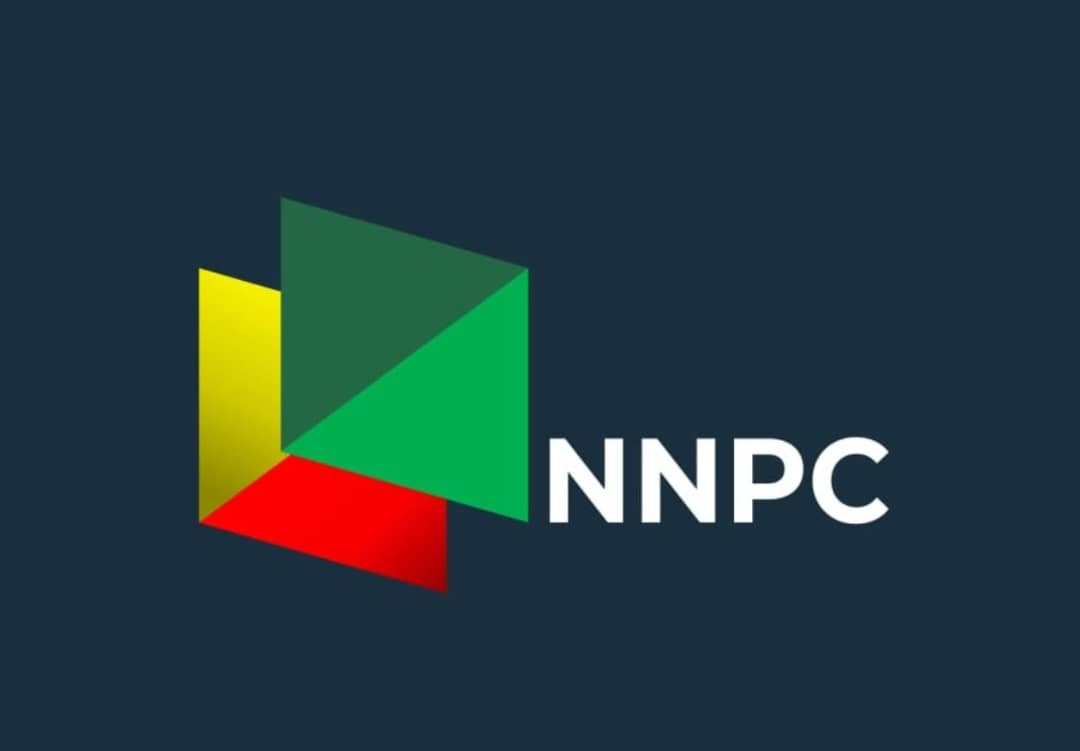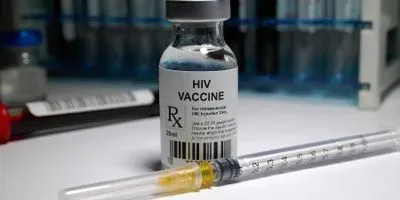Abuja and Lagos Experience Sharp Increases Amid Nationwide Fuel Price Surge
The Nigerian National Petroleum Company Limited (NNPCL) has sharply raised petrol prices across its retail outlets, with the litre price now exceeding N1,000 in major cities like Abuja and Lagos.
On Wednesday, October 8, fuel stations in Lagos saw prices jump to N998 per litre, while outlets in the nation’s capital, Abuja, adjusted prices to N1,003. The increase is expected to be even higher in more remote areas such as Sokoto and Borno states, where transportation and logistics add to fuel distribution costs.
This latest surge follows the recent full deregulation of Nigeria’s petroleum sector, a move that allows independent marketers to buy petrol directly from the Dangote Refinery.
Previously, NNPCL had acted as a middleman, which helped maintain a somewhat stable price for consumers. Prior to the October 8 adjustment, petrol sold for N855 per litre at NNPCL stations in Lagos, marking a significant leap in price for motorists and businesses alike.
Independent fuel marketers have also followed suit, adjusting their pump prices to align with the current market realities. Reports gathered by Lens AfricaTV reveal that some of these independent outlets are pricing petrol well above N1,000 per litre, reflecting the broader trend of rising costs across the country.
In Lagos and Abuja, motorists are already feeling the pinch, with some drivers reporting that the price hike has led to increased transportation fares and food costs.
Industry experts attribute the price surge to multiple factors, with deregulation standing out as the most impactful. The removal of NNPCL as the sole intermediary in the fuel supply chain has paved the way for independent marketers to set prices based on market conditions.
This shift marks a dramatic change for the Nigerian oil sector, which for decades has operated under heavy government control. With the Dangote Refinery playing a central role in the new supply chain, pricing is now directly influenced by global oil market dynamics and refinery output.
“The removal of subsidies and full deregulation is what we’re seeing here,” said energy analyst Chijioke Emecheta. “Nigeria’s fuel prices are now fully exposed to the international oil market, and without NNPCL stepping in to buffer the prices, we are seeing more volatility and higher costs.”
The sudden price increase has drawn criticism from various quarters, particularly from consumers who are grappling with an already high cost of living. “How are we expected to survive?” lamented Lagos resident Ibrahim Suleiman. “The government said deregulation would help, but now everything is more expensive, from transportation to food.”
The government had argued that the full deregulation of the petroleum sector would encourage investment and improve efficiency within the industry. Proponents of deregulation believe that allowing independent marketers to operate without price controls will eventually lead to increased competition and better service delivery. However, in the short term, many Nigerians are bracing for more economic hardship as the ripple effects of the price hike spread.
NNPCL’s decision to raise prices also signals a new era in Nigeria’s fuel market, one where the national oil company will have to compete directly with private sector players. While the government’s policy shift is aimed at fostering growth and reducing corruption within the sector, the immediate impact on the average Nigerian has been overwhelmingly negative.
Experts warn that unless steps are taken to cushion the impact of deregulation on consumers, the country may see increased discontent and potential unrest. For now, Nigerians are left to grapple with the reality of paying over N1,000 per litre of petrol, with no immediate relief in sight.
As the country navigates this transition, all eyes will be on the Dangote Refinery and independent marketers, whose pricing decisions will shape the future of fuel consumption in Africa’s largest economy.




